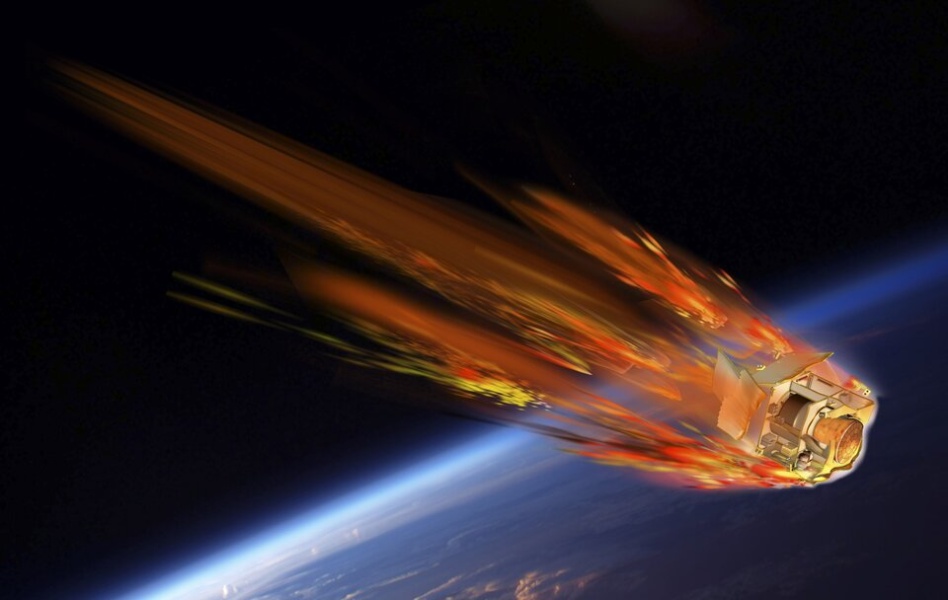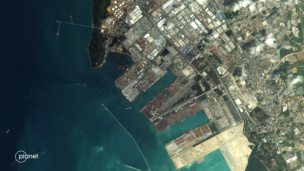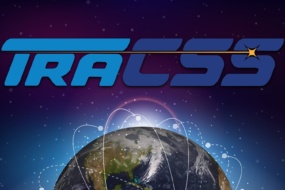ESA has awarded €17M ($19M) to space technology firm Deimos to build an experimental satellite whose mission is to die a fiery death.
The Destructive Re-entry Assessment Container Object mission, or DRACO, will be the first demo of a fully controlled break-up during its return to Earth and beam data to the ground throughout its demise.
Why it matters: The experiment will help satellite operators fine-tune their re-entry procedures to ensure satellites burn up completely at the end of their missions, instead of crashing on Earth and causing damage. The probability of space debris hitting someone’s house is extremely low, but not zero—as evidenced by a piece of garbage from the ISS crashing through the roof of a Florida home in March.
As the number of satellites grows, experts worry that such incidents might become more frequent.
How will DRACO do it? A European consortium led by Deimos will build a 150-kg satellite that will include heat-resistant thermometers and cameras to monitor the sat’s demise up until the point of its expected fragmentation at an altitude of about 70 km. At that point, the spacecraft will release a re-entry capsule that will descend on a parachute, transmitting the collected data.
What will the funding cover? The contract, signed on Tuesday, covers the first phase of the development, including mission design, system engineering, and platform development. Deimos will build the satellite at its facilities in Puertollano, Spain. The mission is expected to launch in 2026.




